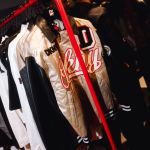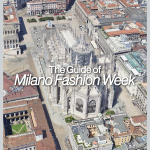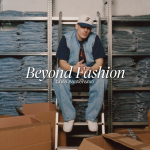
A group of resellers scammed Hermès for 4 years
According to French police, they earned 1 million euros a month
February 3rd, 2021
A group of French resellers have been arrested in Paris for defrauding Hermès.
As Le Parisien reports, ten individuals with led by a man with French-Tunisian background would have built an ingenious and daring scam against the Maison French earning around 12 million euros a year over four years. The first step of the scam was to recruit young girls on social networks and acting schools. In exchange for €500, they showed up at Hermés boutique in rotation (not to tip off the store's staff) and bought Kelly and Birkin bags following the usual waiting list. At that point, the bags, secretly bought by the reseller group, were resold for three times the original price in a fake Hermés showroom to customers eager to skip the waiting list. To add the mockery to the damage, the fake showroom was located in the Faubourg Saint-Honoré in Paris, the same street where Hermés' real shop is located. The proceeds of the scam were then invested in real estate in Tunisia and Portugal.
The mechanism of the scam, which appears to have been revealed when resellers tried to recruit store staff in the scheme, is nothing new at all. The Birkin bag of Hermés has a value that grows on average by 14% per year and for years there has been an entire black market that revolves around them: last June twelve employees of the brand ended up in court for counterfeits worth of twenty million euros while reports on the phenomenon of fake shoppers paid to buy bags in cash on behalf of resellers date back to 2017. A French law, in fact, prevents citizens from paying more than a thousand euros in cash, for this reason, foreign students and women with foreign passports are often contacted by resellers to pretend to be customers.
Both the Birkin and the Kelly bags are in fact notoriously difficult to buy, due to the minimal availability and the fact that they are not available online, even so, that even the most authoritative fashion magazines such as Vogue suggest readers turn to the world of reselling. The problem of counterfeiting and the black market is a bit of a thorn in the side of the brand – almost the dark side of its notoriety in the world of luxury and its status of "unsinkable boat" of fashion, able to gain value during lockdown without spending a penny on marketing and to draw attention to its products for decades thanks to a scarcity mechanism that lately streetwear has made the norm of the market.


































































